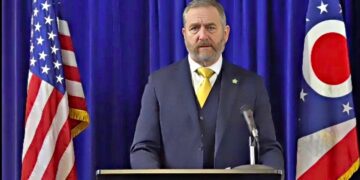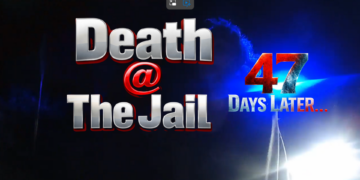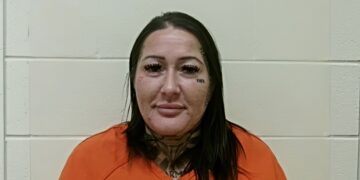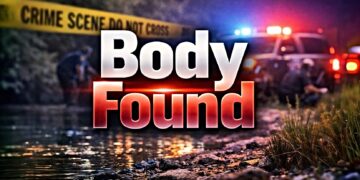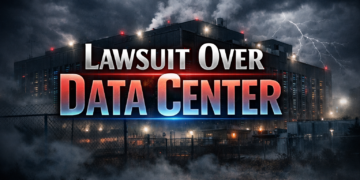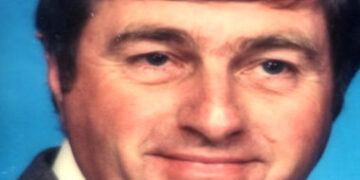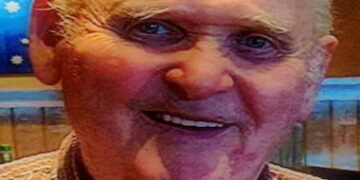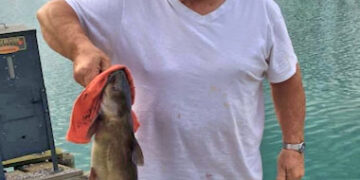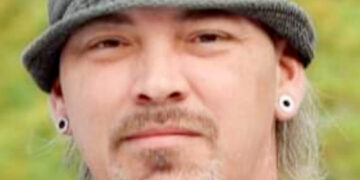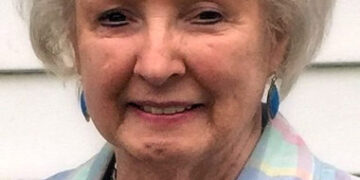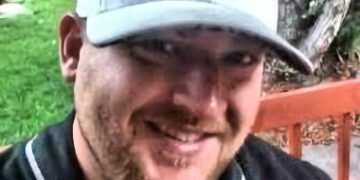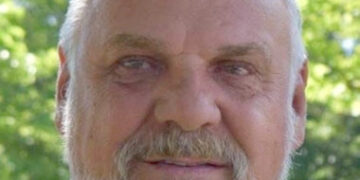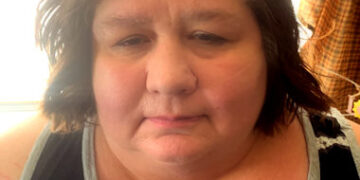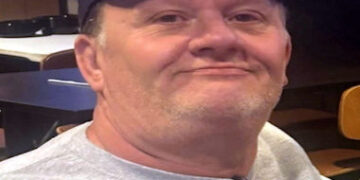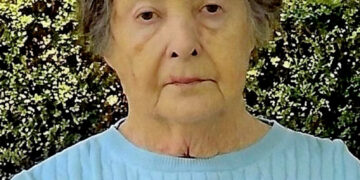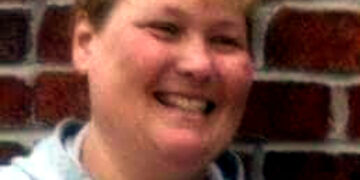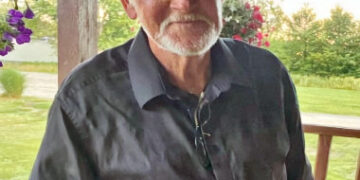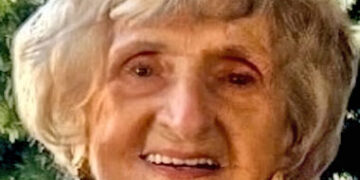One deadly side effect of the COVID virus is the damage it can do to your heart. The strange thing about COVID is that some people don’t even run a temperature while others experience severe symptoms that lead to long ICU stays and even death. But even folks who show mild or no symptoms can still end up with heart damage.
Experts say COVID is far more likely to hurt your heart than the flu or other viruses. Why? COVID-19 can cause viral myocarditis, a direct inflammation of the heart muscle. In addition, the respiratory symptoms can disrupt the flow of oxygen and also injure your heart.
Most cases of myocarditis happen to people with more severe COVID symptoms. Experts at OSU’s Wexner medical center say between 20% and 25% of patients hospitalized with COVID-19 have some kind of myocardial inflammation.
Watch For Symptoms
With severe myocardial inflammation, you’ll have noticeable symptoms like:
- chest pain
- shortness of breath
- heart palpations
Doctors caution that less severe forms may have mild or no symptoms and only show up on a heart MRI. Doctors at Havard say that 75% of patients who recovered from severe COVID but had no heart symptoms turned out to have heart inflammation when researchers checked for it with a heart MRI.
It’s not just older folks or high-risk groups that see heart damage. Cases have been reported in otherwise healthy young adults and in kids.
No Known Treatment
So how do you treat myocarditis? There really aren’t any treatments that stop the condition. You can’t prescribe an antibiotic like you would for an infection. All medical professionals can do is advise you to let your heart rest. If you have a really bad case that’s severely weakened your heart, doctors can prescribe medicine or even mechanical life support to keep your heart beating until the inflammation goes away.
Experts say the best way to prevent the problem is to avoid catching COVID by following social distancing, sanitation, and masking guidelines.
However, if you’ve already had the virus there are some important precautions to take. The experts from Wexner Medical Center advise you to take it very easy after battling the virus, even if you feel fine. Don’t attempt to return to exercise or other strenuous activity too soon. If you have any symptoms like chest pains or shortness of breath, see your doctor immediately.


